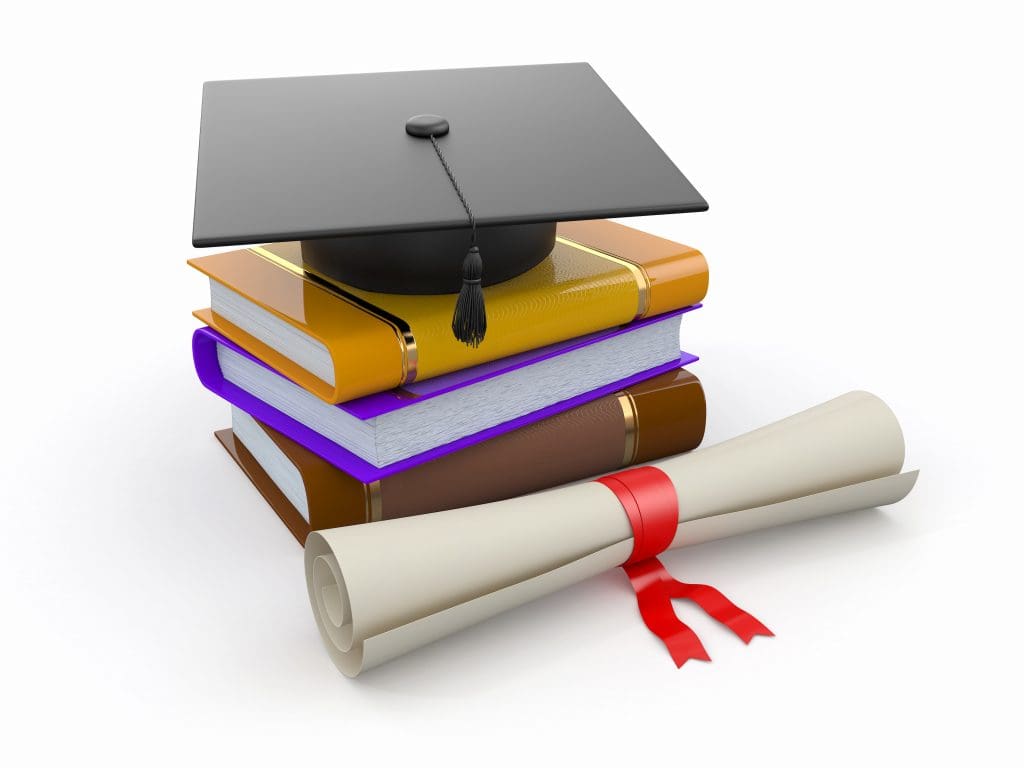Following the outbreak of the coronavirus pandemic and the subsequent closure of schools and learning centers, the ministry of basic and secondary education adapts new teaching and learning methods through the use of the Gambian media houses to deliver essential lessons of core subjects such as English language, Mathematics, Science and Social Studies.
According to the ministry, the new measures are taken to keep the lessons continue and ultimately allow students to refresh their minds on the core subjects so that students won’t idle about during this Covid-19 pandemic throughout the Gambia.
With a slogan “schools have closed but learning continues” appropriately captures the new teaching and learning era of online or distance learning in this digital era. Pre-recorded lessons are distributed daily to most of the media houses available countrywide and lessons commences on these online media platforms by 10am to late evening daily from Mondays to Fridays and beyond.
Since the introduction of the new e-Learning program using radios and televisions, tones of criticisms ensued saying the new method is another form of wasting monetary resources by the basic and secondary education ministry of the Gambia.
According to these critics, numerous homes do not have access to TVs or radio sets at home especially in upcountry or rural Gambia. Bakery Jassey, a radio journalist said that, most villagers are not even aware of the new learning program put in place by the education ministry.
He noted that, the disadvantages are more than the advantages since many Gambian students in rural Gambia are into other activities during the conduction of the lessons on the media. “Children in rural Gambia are mostly into firewood fetching or following animals so the timing of delivering media lessons is not favorable to many rural students.” he added.
Mr. Jassey continues that, the method is more of resources wastage than impact purpose adding that most students are not used to such online learning or mostly students are denied the luxury of raising questions to the presenters while lessons are ongoing on radio or TVs.
For Jenieri Sagnia, a veteran educationist believes that, the ministry could have come up with a different or better method to the current style of teaching and learning. He continues that, Gambians students are not used to such styles of online learning and the time to introduce such a style was prompt as it was taken during an emergency. “I don’t buy this method of teaching and learning.” he noted.
The Ministry of Basic and Secondary Education agreed with radio and television stations across the country to conduct lessons via media which commenced Monday, 23rd March 2020. The ministry said that, such measures were taken to keep students active so that teaching and learning continues in the coronavirus pandemic period.
“Parents and caregivers are urged to use this as an opportunity to keep children at home to make the best use of the days they are out of school and also as a means to protect them from the deadly COVID-19.” the ministry urged.
As the old adage says that, necessity is the mother of invention. Gambians believe that, the situation created by coronavirus deserves unprecedented measures in all aspects of life and education has also being largely affected by the outbreak since last December 2019 in china. Meanwhile, many citizens are critical of the move by the basic and secondary ministry of introducing methods in a country were majority do not have access to these facilities such as radio or TV sets particularly in rural Gambia.
However, some people applauded the approach for the ministry to be able to come up with such innovative e-learning steps in such critical times that Gambians face amidst this deadly virus saying living in the technology era offers people endless opportunities to teach and learning at all times.
DB/as/abj/APA


